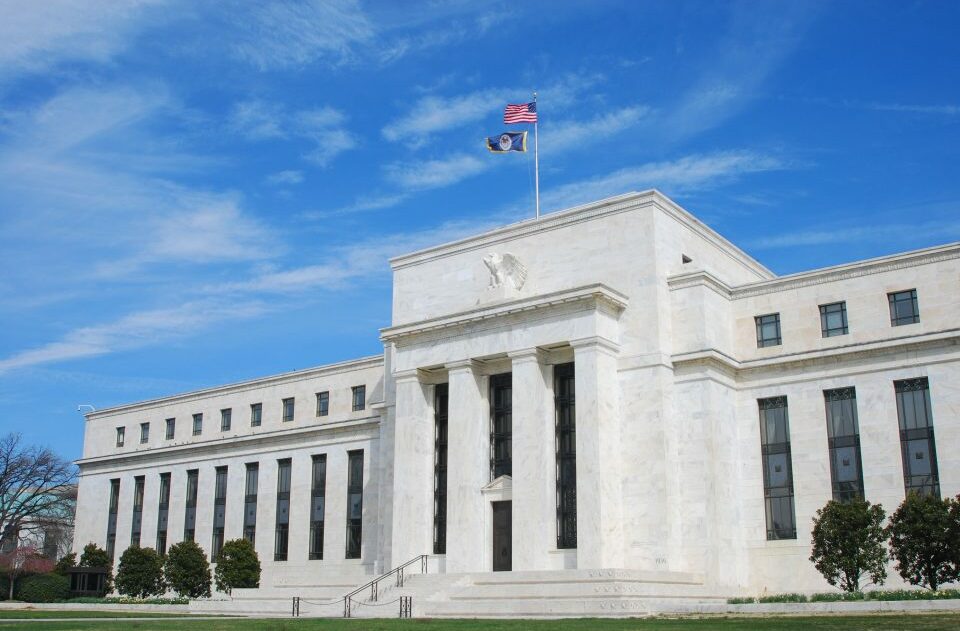Why the Fed won’t cut rates. Economist Report

Don't expect a drop in interest rates in America yet, the risk of a second wave of inflation remains too high. The in-depth analysis of the weekly The Economist
Has inflation been defeated or is it recovering? The demand, replies the Economist , grips the bond markets and affects the global economic outlook. Earlier in the year, after the Federal Reserve nearly declared victory over America's excessive price rise, bond yields plummeted in anticipation of several interest rate cuts. Today that bet seems premature. Over the past three months, basic consumer prices, which exclude food and energy, have risen at an annual rate of 4%, compared with 2.6% in the three months to August. Producer prices rose more than expected and consumer expectations about inflation for next year also rose. Inflation is much lower than its peak, but it has not yet been defeated. As a result, Treasury yields are more or less back to where they were before the Fed's negative turn. Long-dated bond yields are even higher.
Elsewhere too, inflation is proving more rigid. The euro zone saw a sharp rise in prices in January, Swedish inflation rose in January and the Reserve Bank of Australia recently warned that inflation will take time to become “sustained low and stable”. Everywhere, and especially in America, the rebound in inflation threatens to delay interest rate cuts.
To understand what is happening, just observe the trend in demand. The Covid 19 pandemic has led to closures and generous handouts, which have fueled demand for goods and overwhelmed supply chains. In 2021, the price of a washing machine increased by 12% in America. After Russia's invasion of Ukraine, energy and food prices skyrocketed. Today, however, global commodity prices are falling, despite disruptions to shipping in the Red Sea. Food and energy prices are moderate. The source of today's problem is the rising prices of global services.
Services inflation is closely linked to local conditions. It is therefore not surprising that the cost of services is increasing in America. Over the past three months, the booming labor market has created an average of 289,000 jobs per month, more than double estimates of the sustainable rate. Wages are growing at an annual rate of more than 4.5%. GDP increased by an annualized 4.1% in the second half of 2023, and real-time indicators suggest the expansion remains healthy. The strength of the economy is such that even if there had been no inflation for the past two years, forecasters would expect an explosion.
Elsewhere the situation is more balanced. In Europe, unemployment is low, but growth is less strong. Britain enters recession at the end of 2023. Eurozone business surveys are grim. Inflation fears are limited by the sharp decline in natural gas prices. This will reduce inflation and increase the rate of sustainable, non-inflationary economic growth. The Chinese economy is in crisis and prices are falling. In Japan, interest rates are still below zero. It would be considered a victory if inflationary pressures remained strong enough for the central bank to raise rates.
If a second wave of disruptive inflation is likely to hit anyone, it's America. This means monetary policy is likely to diverge, with the Fed keeping interest rates high while the rest of the rich world cuts them to boost growth. Such a scheme would increase the value of the dollar, which is already rising. When American money markets offer high returns with limited risk, the many poorer countries that struggle to borrow in dollars suffer most.
If interest rates don't fall, there could be nasty surprises on Wall Street too. The stock market appears to have barely noticed the danger of monetary policy remaining tight this year. In contrast, expectations of rate hikes in 2022 and 2023 have often triggered selling, as investors have adjusted the discounted value of future profits. Nor is there much sign that small and medium-sized American banks have resolved the threats that high rates pose to their balance sheets. The problem of inflation is no longer what it was a year ago, but the world is still not free from the danger.
(Excerpt from the foreign press review edited by eprcomunicazione )
This is a machine translation from Italian language of a post published on Start Magazine at the URL https://www.startmag.it/economia/perche-la-fed-non-tagliera-i-tassi-report-economist/ on Sun, 03 Mar 2024 06:39:05 +0000.
